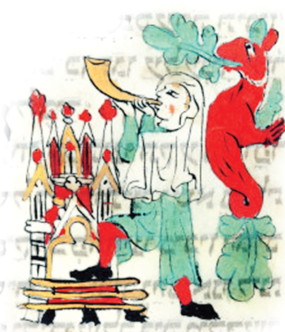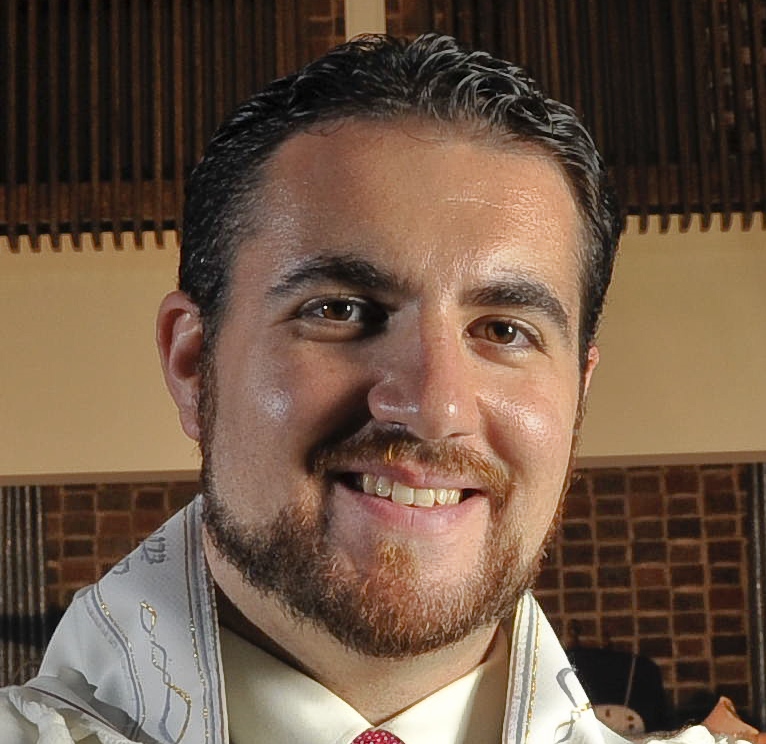
As Israel Ages, Is It Coming Into Its Own?
In this week’s Torah portion, we read the following words about the first Jew ever to set out for the land we call Israel: “V’Avraham zakein ba bayamim” – “Abraham was old, advanced in years.” Torah scholars point out that the phrase is redundant – if he’s old, we already know he’s advanced in years. ...
read more









